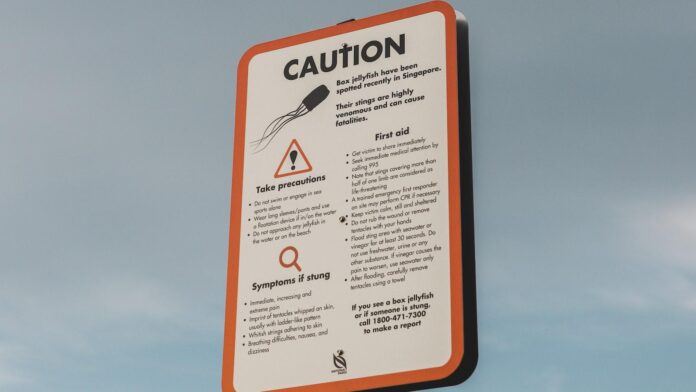
When it comes to cancer, early detection can make all the difference in the world. Recognizing the symptoms of cancer can lead to a timely diagnosis and effective treatment. Cancer can manifest in various ways and knowing what to look out for is crucial for your health. In this article, we will explore the common symptoms of cancer that you should be aware of.
1. Persistent Cough
A persistent cough that doesn’t go away can be a sign of lung cancer, especially if it is accompanied by other symptoms such as chest pain, hoarseness, or coughing up blood. If you have been coughing for more than 3 weeks, it’s important to consult with a healthcare professional to rule out any underlying issues.
2. Unexplained Weight Loss
Unexplained weight loss can be a red flag for various types of cancer, including pancreatic, stomach, esophageal, or lung cancer. If you have experienced a significant and unexplained weight loss without making any changes to your diet or exercise routine, it’s important to get evaluated by a healthcare professional.
3. Changes in Skin Moles
If you notice any changes in the size, shape, or color of your moles, it could be a sign of skin cancer. Additionally, the appearance of new moles or any sores that do not heal should be examined by a dermatologist. Regular skin checks are important for early detection of skin cancer.
4. Abdominal Pain
Abdominal pain can be a symptom of various types of cancer, including pancreatic, liver, ovarian, and stomach cancer. If you experience persistent or severe abdominal pain, especially if it is accompanied by other symptoms such as unexplained weight loss or changes in bowel habits, it’s important to seek medical attention.
5. Fatigue
While fatigue is a common symptom of many conditions, it can also be a sign of cancer. Persistent and unexplained fatigue that doesn’t improve with rest can be indicative of various types of cancer, such as leukemia, colon, or stomach cancer. If you find yourself feeling tired all the time, it’s important to discuss this symptom with your healthcare provider.
6. Changes in Bowel Habits
Changes in bowel habits, including diarrhea, constipation, or narrowing of stools, can be a sign of colorectal cancer. If you notice any persistent changes in your bowel movements, especially if accompanied by blood in the stool, abdominal pain, or unexplained weight loss, it’s important to consult with a doctor for further evaluation.
7. Persistent Headaches
While headaches are common and usually not indicative of a serious condition, persistent and severe headaches can be a sign of brain cancer. If you experience persistent headaches that are different from your usual headaches, especially if they are accompanied by other symptoms such as nausea, vomiting, or changes in vision, it’s important to seek medical attention.
8. Difficulty Swallowing
Difficulty swallowing, also known as dysphagia, can be a symptom of esophageal, throat, or stomach cancer. If you experience persistent difficulty swallowing, especially if it is accompanied by pain or weight loss, it’s important to get evaluated by a healthcare professional.
9. Persistent Back Pain
While back pain is common and often not related to cancer, persistent and unexplained back pain can be a symptom of various types of cancer, including ovarian, colon, or pancreatic cancer. If you have persistent back pain that doesn’t improve with rest, it’s important to consult with a doctor for further evaluation.
10. Changes in Urination
Changes in urination, such as urgency, frequency, or blood in the urine, can be a sign of bladder, kidney, or prostate cancer. If you notice any persistent changes in your urinary habits, it’s important to discuss this symptom with your healthcare provider for further evaluation.












